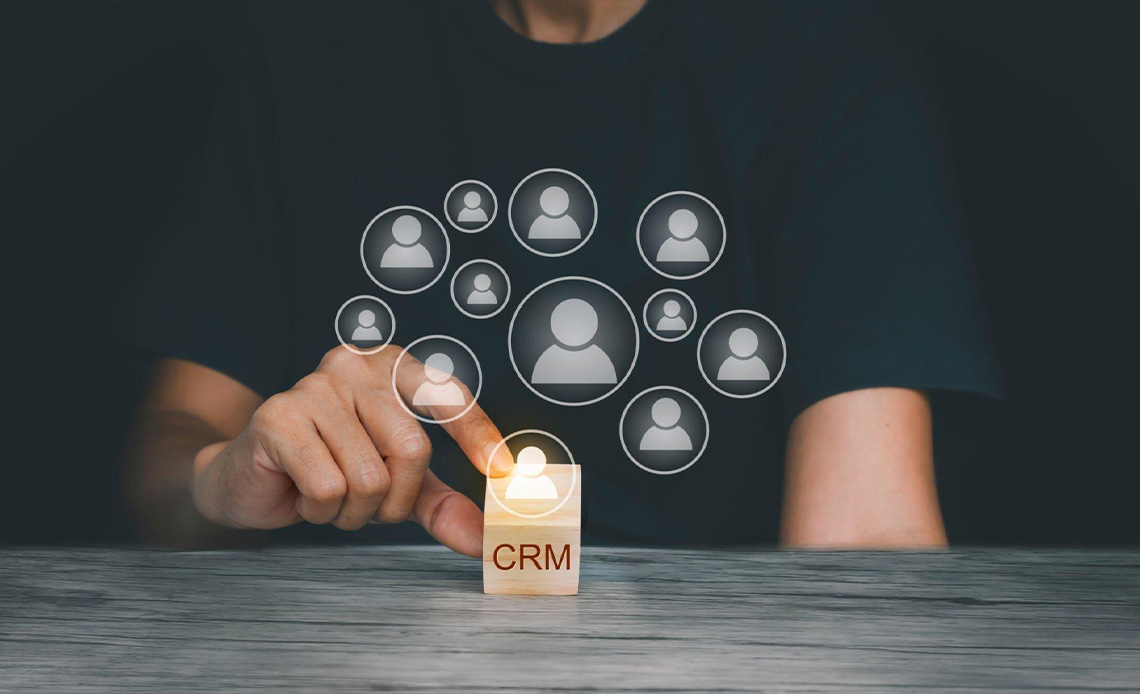Efficient procurement processes are crucial for organizations aiming to optimize costs, minimize risks, and maintain a competitive edge. In today’s dynamic business environment, leveraging technology to streamline procurement operations is essential. Customer Relationship Management (CRM) systems have emerged as a valuable tool for transforming procurement practices. This article explores the advantages and considerations of using CRM in procurement, focusing on how it can enhance efficiency and facilitate effective vendor collaboration.
Centralized Vendor Management:
CRM systems provide a centralized platform for managing vendor relationships. By storing and organizing vendor information, including contact details, contracts, and performance data, and compliance records, procurement teams can easily access and evaluate vendor profiles. This centralized approach streamlines vendor onboarding, enables efficient vendor selection processes, and facilitates ongoing vendor management.
Automated Procurement Workflows:
CRM systems offer workflow automation capabilities that significantly streamline procurement processes. Through automation, organizations can standardize and accelerate activities such as requisition, purchase order creation, approval workflows, and invoice processing. By automating routine tasks, procurement teams can focus on strategic activities, enhance efficiency, and reduce manual errors.
Data-Driven Decision Making:
CRM systems capture and analyze procurement data, providing valuable insights to support data-driven decision making. By utilizing CRM analytics, organizations can analyze spending patterns, identify cost-
saving opportunities, and optimize procurement strategies. These insights enable informed negotiations with vendors, contract renegotiations, and the identification of strategic sourcing initiatives.
Supplier Performance Evaluation:
CRM systems empower organizations to evaluate and monitor vendor performance effectively. By tracking key performance indicators (KPIs), such as on-time delivery, product quality, responsiveness, and compliance adherence, procurement teams can assess vendor performance objectively. CRM dashboards and reports provide real-time visibility into supplier performance, enabling proactive vendor management and fostering continuous improvement.
Collaborative Vendor Relationships:
CRM systems facilitate effective communication and collaboration between procurement teams and vendors. By leveraging CRM’s communication features, such as integrated email, messaging, and document sharing, organizations can ensure smooth information exchange, share updates, and address issues promptly. Enhanced collaboration strengthens relationships, fosters transparency, and improves overall vendor satisfaction.
Key Considerations when Implementing CRM in Procurement:
a. Integration with Existing Systems: Organizations should consider the compatibility and integration capabilities of CRM systems with their existing procurement tools, such as e-procurement platforms, supplier management systems, or enterprise resource planning (ERP) solutions. Seamless integration enables data consistency and eliminates data silos.
b. Data Security and Compliance: Given the sensitive nature of procurement data, organizations must prioritize data security and compliance. CRM systems should comply with relevant data protection regulations and incorporate robust security measures to protect confidential vendor information.
c. User Adoption and Training: Successful implementation of CRM in procurement requires comprehensive user adoption and training programs. Procurement professionals should receive training on CRM system usage, data entry best practices, and leveraging automation features. Change management strategies should be implemented to ensure smooth adoption across the organization.
d. Scalability and Customization: Organizations should choose CRM solutions that can scale with their procurement needs and accommodate future growth. Customization options should be considered to align the CRM system with specific procurement workflows, processes, and reporting requirements.
Conclusion:
CRM systems offer significant advantages for organizations seeking to maximize procurement efficiency and enhance vendor collaboration. By leveraging CRM’s capabilities, including centralized vendor management, automated workflows, and data-driven decision making, supplier performance evaluation, and collaborative relationships, organizations can streamline procurement processes, reduce costs, and achieve operational excellence. Successful implementation of a tailored CRM solution in procurement can transform how organizations manage their vendor ecosystem and drive sustainable procurement success.




